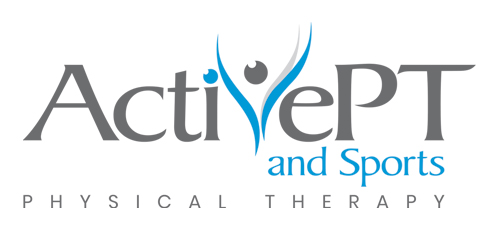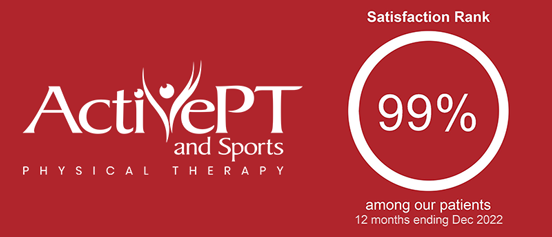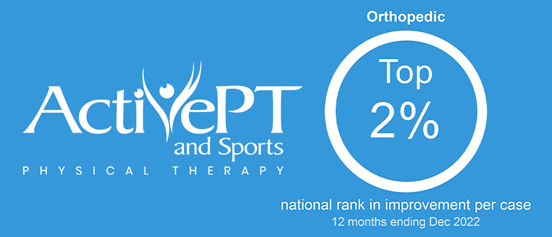Run Without Leaking!
It is estimated that 25 million Americans experience urinary incontinence and runners are not immune. As many as 1 in 4 women over the age of 18 have symptoms of leaking urine involuntarily. Urinary incontinence is less common in people who are physically active than in those who are sedentary. However, participation in higher-impact sports such as running can contribute to symptoms of stress urinary incontinence, which involves leaking with physical activity and/or coughing, sneezing, or laughing. Despite being common, bladder problems are not normal. Over half of individuals who suffer from these symptoms do not seek help due to embarrassment, misinformation, or shame. While there are medical conditions that contribute to symptoms of incontinence, these symptoms can also be related to pelvic floor muscle dysfunction.
Runners often report experiencing leakage or loss of urinary control when their foot hits the ground. Symptoms may increase with a change in running surface or with a surge in effort such as at the end of a race. This incontinence can be due to pelvic floor muscle weakness, tightness, poor coordination, or a combination of these. Common running behaviors can also contribute. Avoid increasing intra-abdominal pressure which strains pelvic floor muscles – don’t hold your breath while running, avoid holding in your abdominals, and avoid attempting to hold pelvic floor muscles. Instead, practice breathing into your tummy with your diaphragm, allowing your pelvic floor muscles to drop, and let reflexes do the job of controlling urination. Try a slight forward lean while you run to reduce pressure on pelvic floor muscles and aid in diaphragmatic breathing. Stay hydrated and avoid bladder irritants like caffeine, citrus fruits, milk, carbonated beverages, and chocolate.
Check out more information about running injury treatment and running performance packages to help you take your running to the next level.
At Active PT, one of our pelvic health physical therapists will address your stress/urge incontinence, pelvic pain or dysfunction by treating your pain and improving muscle coordination, strength, and function. After a comprehensive muscle examination, our therapist will create a treatment plan to address your personal concerns and improve your quality of life. Our sessions are one on one, in a private room, and individualized to your specific needs and comfort level. Pelvic health physical therapists receive extensive training, beyond what is offered in physical therapy graduate school, and specialize in the muscles and function of the pelvic floor and the surrounding structures. Women who are pregnant or in their postpartum period have special considerations. To find out if pelvic health physical therapy is right for you, please contact ActivePT for a free 15-minute appointment or call us at 507-322-3460.




